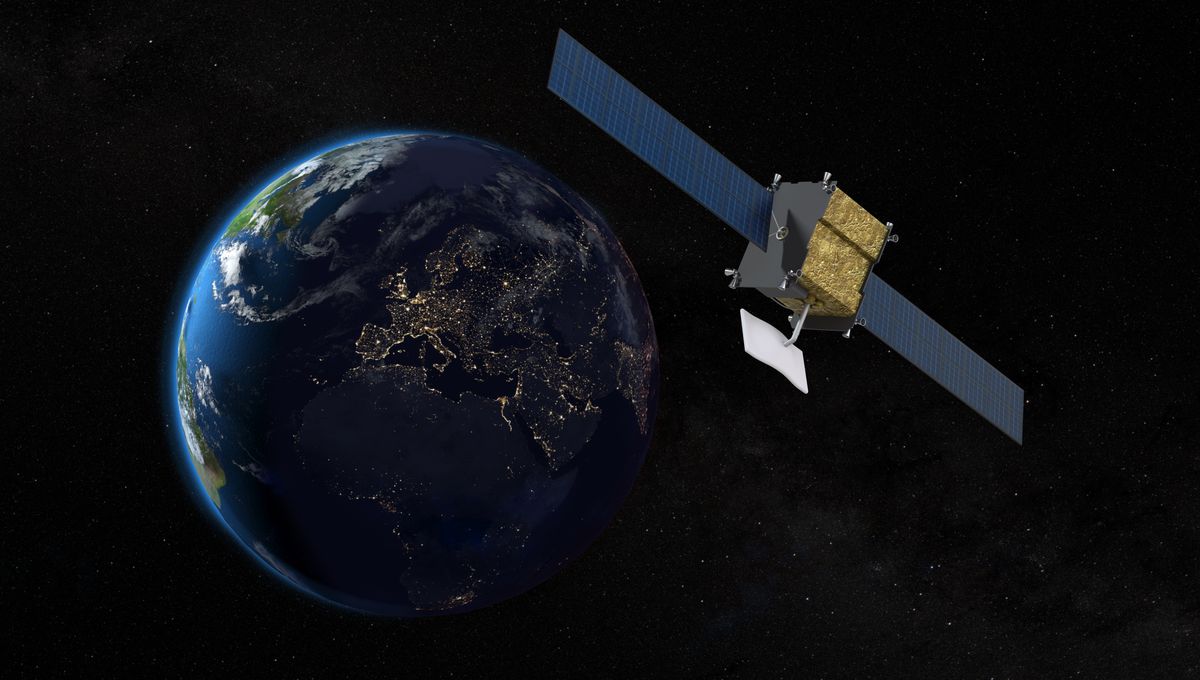
An international team of researchers has developed a photonic quantum computer designed to operate in the harsh environment of space. The computer was integrated into a satellite and launched into space last month, collecting data about how a quantum computer would work in low Earth orbit.
Quantum computers are the next revolutionary step in information technology. While regular computers use bits – strings of 1s and 0s – to do calculations, quantum computers use quantum bits whose values can be 1, 0, or a combination of the two, following the rules of quantum mechanics. Thanks to this, quantum computers can perform calculations than no computer can do. Or they will once we sort out some kinks.
The qubits are sensitive to a whole array of environmental factors, like temperature and magnetic fields, which can lead to errors or them breaking apart. So, building a quantum computer that can do those incredible calculations is still mostly beyond our current capabilities. Still, researchers are figuring out how to get there, and even space might contribute.
“I am very proud that the first quantum computer which is now in space was developed by researchers in Austria. We pushed the limits of current photonic technologies to offer a versatile tool to perform quantum experiments in the extreme conditions of a space mission. We look forward to the innovations and applications that will emerge from the system,” project lead Philip Walther from the University of Vienna said in a statement.
On Earth, the quantum computers are constantly checked, calibrated, and kept in the most pristine conditions. In space, you can’t do any of those things. The team had to build a quantum computer in its simplest form that could withstand the conditions of the rocket launch and then the conditions in space.
“Our device needed to fit the size of a shoe box, be very energy efficient and resist thermal and mechanical shocks,” said Iris Agresti, a postdoc researcher in the group. “Furthermore, we needed to develop a control software that would run it autonomously and prevent possible failures.”
While this is the first quantum computer in orbit, there has been great interest in employing space and satellites in the construction of the quantum internet. A satellite was used to link two different quantum hubs across China, between China and Austria, and between China and South Africa.
It is not just about the quantum technology in space. The mission – now orbiting at around 550 kilometers (34 miles) from the ground – is also looking at improving existing space technologies, making them more efficient.
Source Link: For The First Time, A Quantum Computer Has Been Sent Into Space